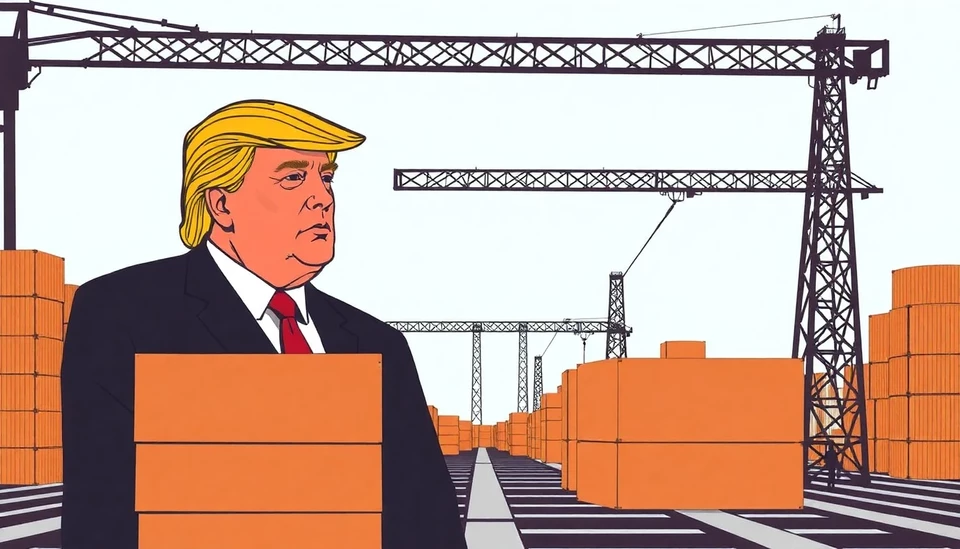
In a recent development, former President Donald Trump has reignited discussions about tariffs, showcasing that his actions may extend beyond mere economic strategies. Warning of potential tariffs on Mexico, Trump has underscored the importance of political motivations intertwined with such economic policies.
The former president's threats come amid ongoing debates concerning immigration policies and border security. By leveraging tariffs as a bargaining chip, Trump appears to be positioning himself strategically within a complex political landscape that seeks to appeal to his base while exerting pressure on international relationships.
Trump's approach echoes his previous administration's tactics, where he often employed economic tools to enforce his political agenda. This time, his focus on Mexico highlights a long-standing concern regarding immigration issues that have been pivotal in shaping his brand and policy platform.
The implications of such tariff threats could be significant, potentially leading to increased tensions between the United States and its southern neighbor. Economically, the introduction of tariffs may lead to higher costs for American consumers and businesses, raising questions about the broader impact on the economy. However, Trump's motivations appear to reach beyond these concerns, aiming to solidify his standing among supporters who prioritize strong action on immigration.
Critics of Trump's tariff approach argue that it may exacerbate existing economic challenges without delivering a tangible solution to the immigration crisis. They contend that using tariffs as a punitive measure could disrupt trade relationships and harm the very sectors of the economy that Trump claims to support.
As the political landscape evolves, Trump's renewed emphasis on tariffs reflects his enduring influence within the Republican Party and his relentless focus on maintaining his relevance in national discourse. It remains to be seen how effectively he can navigate these complexities and whether he can translate his rhetoric into concrete political gains as the 2024 election cycle looms.
In conclusion, Trump's latest tariff threats signal a broader strategy that intertwines economic concerns with political aspirations, emphasizing the multifaceted nature of modern political campaigning. As the situation develops, stakeholders across various sectors will be closely monitoring the outcomes of these threats and their potential ramifications on both domestic and international fronts.
#Trump #Tariffs #Mexico #ImmigrationPolicy #PoliticalStrategy #2024Elections #Economics #TradeWars
Author: Daniel Foster




